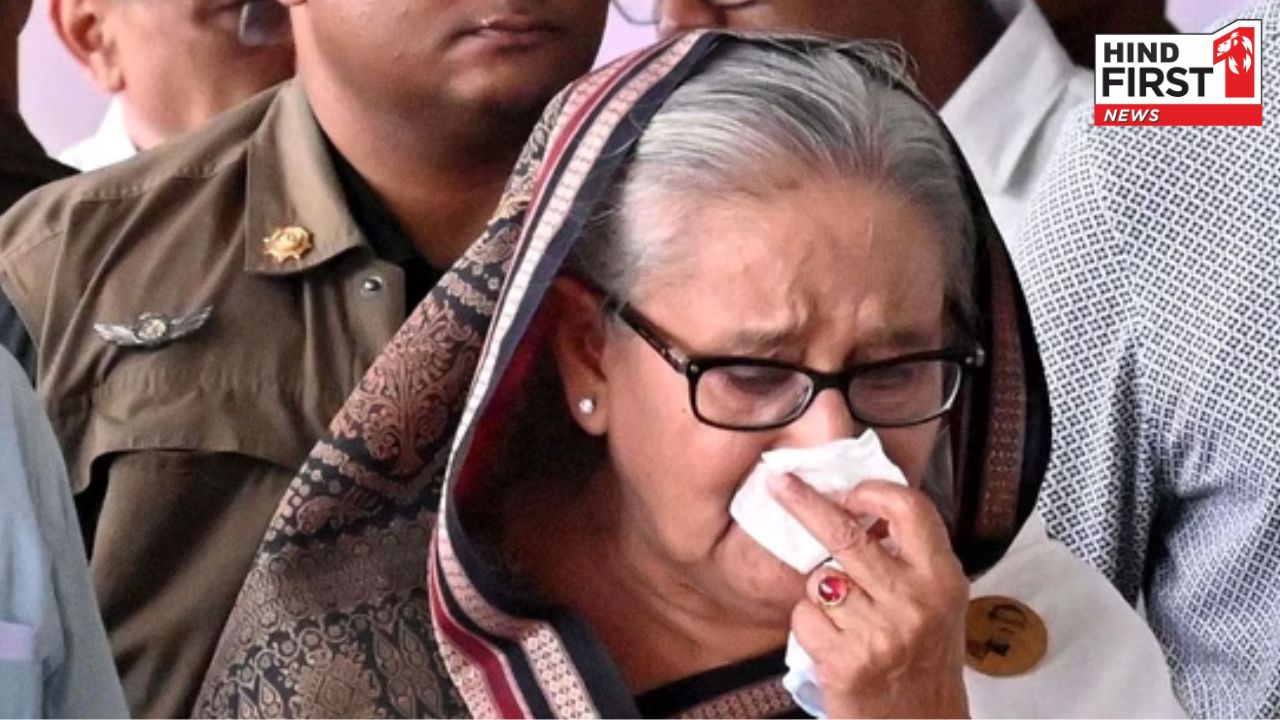Arrest Warrant Issued for Former PM Sheikh Hasina in Bangladesh
A Bangladeshi court issued an arrest warrant against former Prime Minister Sheikh Hasina on Thursday, as reported by news agency PTI. Sheikh Hasina, who fled to India in August after being ousted from power following a massive student movement, is accused of crimes against humanity. 
Involvement in Mass Student Movement
The International Crimes Tribunal (ICT) of Bangladesh has also issued arrest warrants for 45 other individuals, including key leaders from the Awami League party. These charges relate to alleged crimes committed during the recent mass student movement that took place between July and August.Prosecution's Actions
Chief Prosecutor Muhammad Tajul Islam, speaking to The Daily Star, revealed that the tribunal ordered the authorities to arrest and present the 46 accused, including Sheikh Hasina, before November 18. He also stated that Sheikh Hasina played a central role in leading the atrocities during this period.Notable Individuals Implicated
Among the 46 people named in the arrest warrants are prominent figures like Obaidul Quader, Asaduzzaman Khan Kamal, Hasan Mahmud, and Anisul Huq, who held ministerial positions in the previous government.Tribunal's New Leadership
On October 14, the Bangladeshi interim government led by Muhammad Yunus restructured the ICT. Justice Md Golam Mortuza Majumdar was appointed as the chairman, with Justices Shafiul Alam Mahmud and Mohitul Haque Enam Chowdhury as members.Over 60 Complaints of Crimes
The tribunal has already received more than 60 complaints regarding crimes against humanity and genocide linked to Sheikh Hasina and members of her party. Also read: Nayab Singh Saini repeated his tenure, became Chief Minister of Haryana The political unrest that followed her removal from office resulted in over 230 deaths, with the overall death toll exceeding 600 since the student protests began in mid-July. These protests were initially sparked by opposition to a controversial quota system in government jobs. Next Story


